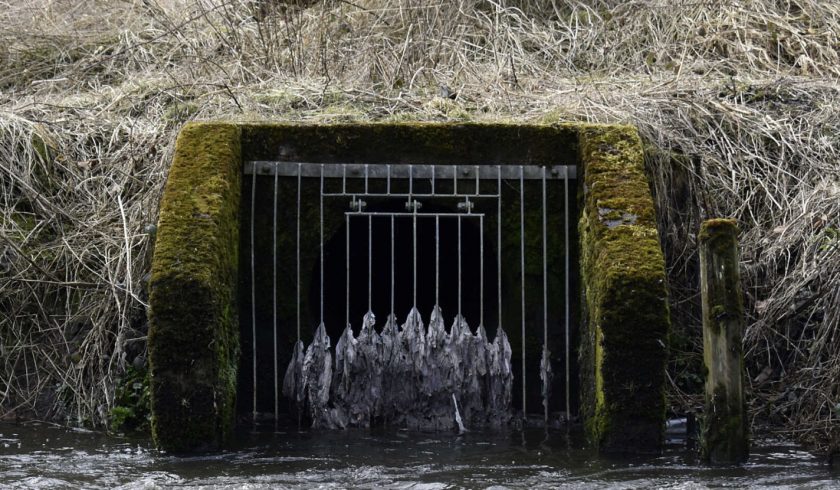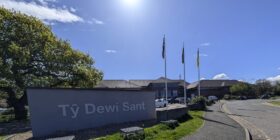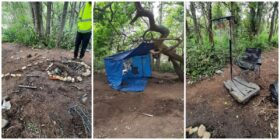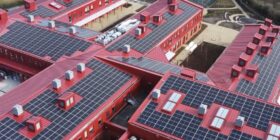‘Grave concern’ at Natural Resources Wales plan to reduce responses to pollution incidents

A Senedd Committee has raised serious concerns over Natural Resources Wales’ (NRW) plans to reduce its response to lower-category pollution incidents across Wales, describing the strategy as “gravely concerning”.
The Climate Change, Environment and Infrastructure Committee published its annual scrutiny report on NRW this week, highlighting growing unease over the environmental watchdog’s ability to monitor and enforce key regulations.
NRW has announced plans to adopt what it terms a “higher tolerance of risk” in handling reports of environmental harm, focusing its resources on more serious cases.
According to the Committee, the decision is rooted in long-term underfunding and may further erode the agency’s effectiveness.
Llyr Gruffydd MS, Chair of the Committee, warned that the shift could have lasting consequences.
“By choosing to adopt a ‘higher tolerance of risk,’ NRW risks turning a blind eye to pollution incidents that, while perhaps deemed less impactful, still erode the health of our ecosystems and communities,” he said.
NRW responded by saying it remains committed to protecting the environment and stressed the need to use its limited resources efficiently.
Ceri Davies, Interim Chief Executive at NRW, said: “We will always prioritise incidents that pose the highest risk to people and nature… Most incidents reported to us are low-level, often with little or no environmental impact.”
Figures provided by NRW show that of all the incidents it responded to last year, only five percent were deemed to have a significant or major environmental effect.
However, the Committee’s report suggests that the current level of fines and sanctions available to NRW is insufficient to act as a deterrent, calling on the body to clarify where penalties fall short and how this hampers enforcement.
The report also criticised the recent closure of visitor centres at Coed y Brenin, Ynyslas and Bwlch Nant yr Arian, stating that these closures took place before any clear plans for their future had been finalised.
Although NRW has said it is working with community groups and businesses to reopen the facilities, the Committee said it is “unacceptable” that no credible timetable has yet been produced.
Davies said all sites remain open for public access, and that concessions have been arranged to maintain services at some locations. “We want to make sure we get it right to avoid confusion and any potential issues in the future,” she added.
The Committee also drew attention to a £19 million tax bill paid by the Welsh Government on NRW’s behalf, after the organisation incorrectly classified the tax status of some of its contractors. The incident led to accusations of “serious governance failures”.
NRW acknowledged the IR35 tax error and said it has introduced new controls, including a revised internal resourcing policy and external reviews to prevent similar mistakes from recurring.
The Committee is now calling for assurances from both NRW and the Welsh Government that oversight has improved and that lessons will be learned through a comprehensive review.
Gruffydd added, “Recent decisions made by NRW are deeply troubling and raise questions about the future of environmental stewardship in Wales.”
Spotted something? Got a story? Send a Facebook Message | A direct message on Twitter | Email: [email protected] Latest News








